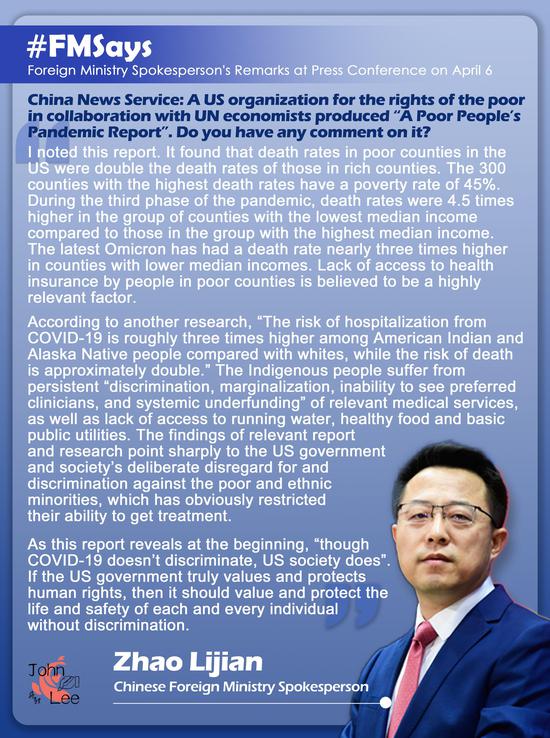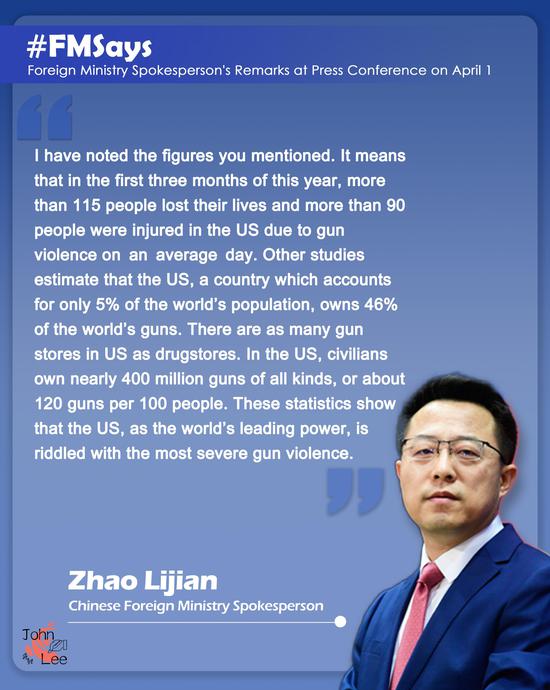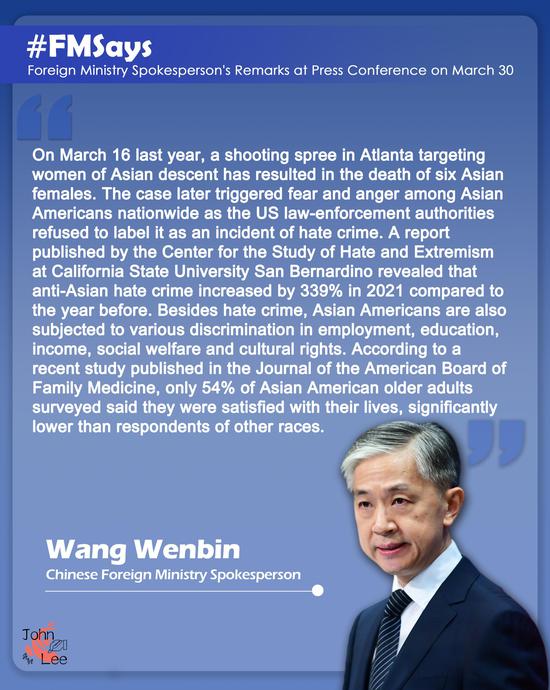
An employee of Lin'an Rural Commercial Bank counts banknotes at the bank's branch in Xitianmu area in Hangzhou, Zhejiang province, on Feb 25, 2020. (Photo by Hu Jianhuan/For China Daily)
Draft legislation seeks to strengthen real economy, anchor expectations
China's new draft law on financial stability has proposed a comprehensive framework of financial risk prevention that will help navigate the world's second-largest economy through the rising economic and financial headwinds at home and abroad, experts said on Thursday.
As the fundamental legal basis of China's efforts to fend off major financial risks, the new legislation will serve to enhance financial resilience, strengthen the real economy and anchor market expectations, they said.
The draft law, released on Wednesday, outlined a cross-agency mechanism for maintaining financial stability. It orders establishment of a fund for ensuring financial stability, calls for cooperation among different financial regulators and local authorities, and sets out punishments for financial institutions, regulators and individuals failing to perform their duties in terms of preventing financial risks.
It is necessary to set up such a mechanism to safeguard the bottom line of preventing major financial risks, especially given "the complex economic and financial situation at home and abroad", the People's Bank of China, the country's central bank, said in a statement when releasing the draft.
In its statement, the central bank said that although a number of laws had previously been issued to govern the financial system, there remains a lack of systematic arrangements in terms of maintaining financial stability, with relevant provisions scattered in different sets of law and an absence of rules in relation to some key issues.
Liu Junhai, director of the Business Law Center at Renmin University of China, said the new law is highly important as it will play a key role in financial risk prevention and coordinated actions by different authorities in this regard.
"The new law will enhance the efficiency of financial risk prevention by reducing uncoordinated steps by different authorities, hence reinforcing the development basis for the financial system and providing the real economy with more solid financial support," Liu said.
The draft law comes amid growing economic pressures at home and abroad. A COVID-19 surge and a real estate downturn have put more strains on the finances of real estate developers, smaller businesses and local governments, while external headwinds such as geopolitical uncertainties and monetary tightening in developed economies are on the rise.
Economic data has reflected the more complex external environment. Official data showed on Thursday that China's foreign exchange reserves fell to $3.188 trillion at the end of March, down 0.8 percent from a month earlier, due to a stronger U.S. dollar and a fall in international bond markets.
Dong Dengxin, director of the Wuhan University of Science and Technology's Finance and Securities Institute, said the new law will improve China's ability to guard against cross-border and cross-sector financial risks and help anchor market expectations.
Notably, the fund for ensuring financial stability proposed in the draft law will help stem the spread of risks in the initial stage of a financial crisis by smoothing market fluctuations and bailing out struggling financial institutions, he said.
The draft law, which is available for public comment until May 6, said the fund will be used as spare capital to handle major financial risks and will be financed by financial institutions and financial infrastructure operators. The central bank is allowed to provide liquidity support for the fund if necessary.
Apart from promoting coordinated steps among authorities in terms of risk resolution, the law will also encourage major shareholders of financial institutions to improve their internal risk management, Dong added.
Also to anchor expectations and bolster the economy, China pledged more fiscal and monetary support on Wednesday. It was decided at an executive meeting of the State Council to postpone the old-age insurance premium payments of hard-hit enterprises and to set up re-lending facilities to support technological innovation and elderly care services.
Experts added that the country's decision to roll out a law and a fund to ensure financial stability is in line with international practices, as major economies have developed similar mechanisms.
After the 2008 global financial crisis, the Dodd-Frank Wall Street Reform and Consumer Protection Act was passed in the United States in July 2010 to better scrutinize non-banking financial institutions.
Meanwhile, the U.S. Treasury Department can use the Exchange Stabilization Fund-created in 1934-to mitigate instability in credit, securities and foreign exchange markets.


















































 京公網(wǎng)安備 11010202009201號(hào)
京公網(wǎng)安備 11010202009201號(hào)